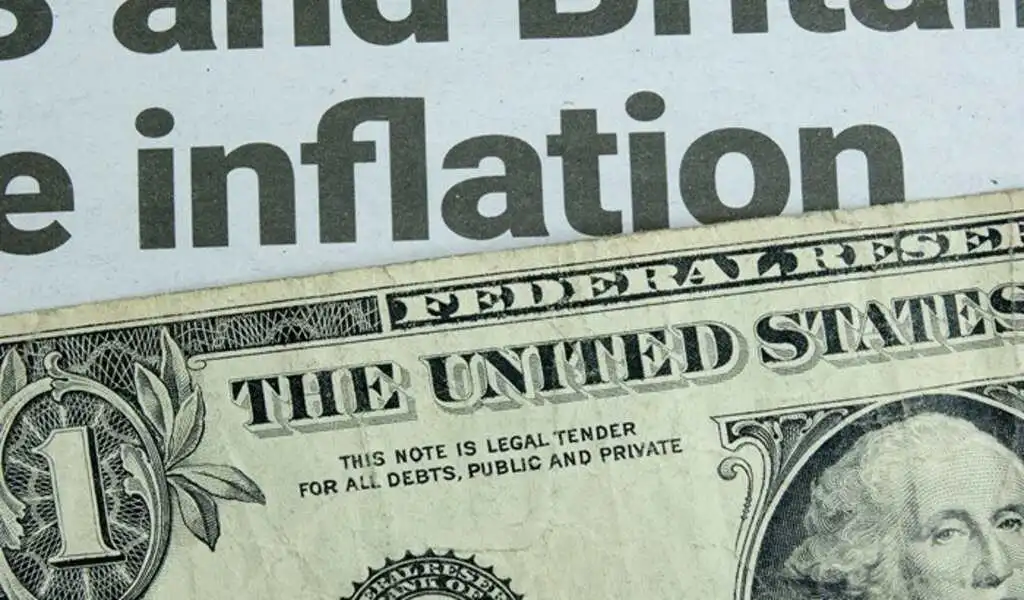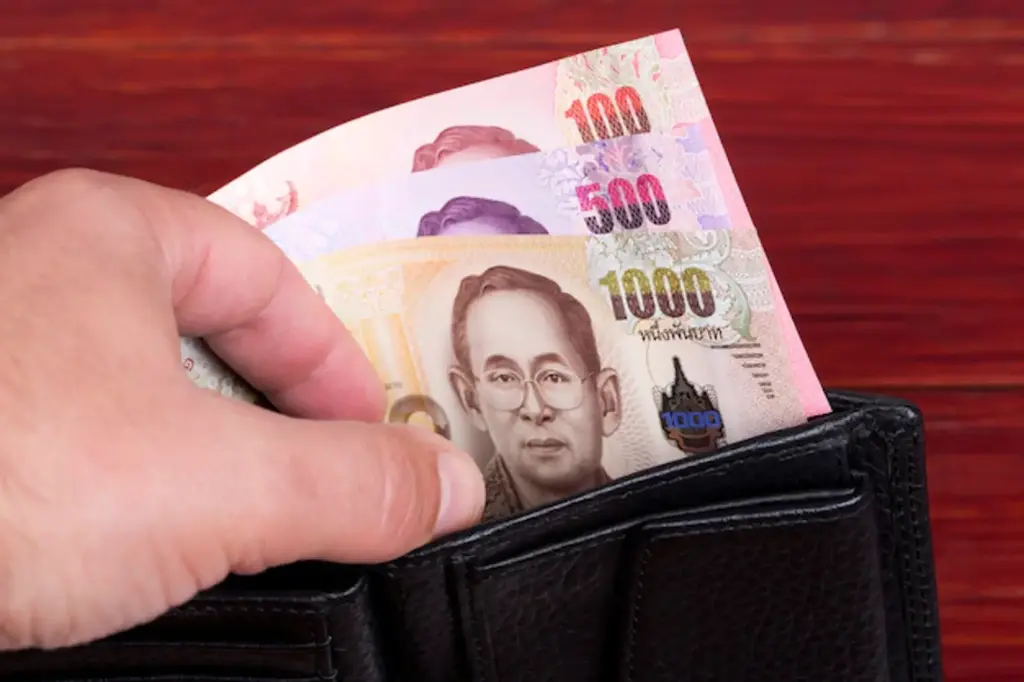The Bank of Thailand, under pressure from Prime Minister Srettha Thavisin to cut interest rates, may adjust monetary policy if the economic outlook changes and structural challenges reduce the country’s long-term potential growth and strengthen the baht
Prime Minister Srettha Thavisin has requested the country’s four largest commercial banks to drop loan interest rates for disadvantaged groups and small enterprises after the Bank of Thailand repeatedly refused his requests to reduce borrowing costs from a decade-high.
Bank of Thailand deputy governor Ms Alisara Mahasandana told reporters that the central bank’s Monetary Policy Committee welcomes all input but must balance immediate and long-term economic factors when setting interest rates.
Prime Minister Srettha Thavisin, the finance minister, has openly questioned the central bank’s monetary policy. He often stated that rate reduction would help the economy deal with heavy household debt and China’s recession.
The Premier announced on Tuesday that he had asked the CEOs of Bangkok Bank, Siam Commercial Bank, Kasikornbank, and Krungthai Bank to make the case for lower interest rates for borrowers who are unable to afford the high cost of money.
“Vulnerable groups like SMEs have a problem with high interest rates… I asked the four to consider interest rates,” Mr Sretta told reporters, adding that Thai financial institutions are robust.
“The MPC encourages and cherishes feedback from all stakeholders… However, when making a monetary policy decision, the MPC must weigh the short-term and long-term impacts on monetary policy objectives… and they may have differing views,”
Ms Alisara said on the sidelines of the International Monetary Fund (IMF) and World Bank Spring Meetings in Washington. Alisara, an MPC member, stated that monetary policy might be “recalibrated” if the growth and inflation outlooks changed and structural obstacles “clearly lower our long-term potential growth”.

US Fed and war put pressure on the baht
In a majority decision on April 10, the central bank maintained the key interest rate at 2.50%, its highest level over a decade. The next review date is June 12. The central bank expects Southeast Asia’s second-largest economy to rise 2.6% this year and 3.0% in 2025, up from 1.9% last year.
Ms Alisara stated that while increased private consumption and tourism were expected to boost the economy, concerns remained, particularly how well exports would rebound.
She forecasted that annual headline inflation would revert to the BoT’s target range of 1-3% by the end of the year. Energy subsidies have held consumer prices below year-ago levels for six consecutive months through March, but prices will likely climb in May.
Ms Alisara stated that negative headline inflation “does not reflect weak demand; it is not deflation.”
She predicted that the baht would be volatile due to external reasons, particularly dollar strength. The baht has lost 7.6% against the US dollar this year, becoming Asia’s second-worst-performing currency after the yen.
While the lower-yielding baht lags other regional currencies, Ms Alisara expects domestic factors to be more supportive than last year, citing stronger economic activity and Thailand’s current account surplus.
According to Kasikorn Research Centre (K-Research), the baht could fall to around 37.20 baht to the US dollar later this week, down from a six-month low of 36.9 baht on Monday, due to ongoing concerns about the Middle East conflict, while US economic data due this week are likely to support dollar strength.

Baht to USD has depreciated 7.6% this year
In early morning trade on Monday, the Thai Baht was quoted at 36.97 baht to the dollar, the lowest in six months, before rallying back to 36.94-96, compared to Friday’s finish of 36.86, driven by falling global gold prices and changes in the Chinese yuan and Japanese yen.
The dollar, widely seen as the safest currency, has strengthened in response to persistent tensions in the Middle East and the probability that the Federal Reserve would not rush to decrease interest rates while the US economy thrives.
“Both the ongoing Middle East conflict and the strong dollar have influenced the baht, which has depreciated 7.6% this year to date,” said Kanjana Chockpisansin, K-Research’s head of research, banking, and finance.
The Thai baht is the region’s second weakest currency, trailing only the yen, which has dropped 8.8% this year. The South Korean win, however, has fallen 6.4% this year, according to K-Research.
Last week, Fed policymakers’ comments and higher-than-expected inflation statistics prompted markets to lower expectations for rate cuts in the United States and other developed nations. The US will announce first-quarter GDP numbers on Thursday, and the core Personal Consumption Expenditure price index, known to capture inflation, will be announced on Friday.
“If those US economic data exceed the market’s expectations, it increases the likelihood that the Fed will keep interest rates higher for longer. As a result, the dollar will gain strength, causing the baht to devalue further,” Ms Kanjana told the Bangkok Post.
She added that K-Research, like Kasikornbank, believes the US central bank will decrease interest rates on at least two occasions this year.
Ms Kanjana stated that K-Research anticipates the baht to trade from 36.70 to 37.20 baht to the dollar this week, given that geopolitical tensions are unlikely to subside immediately.






